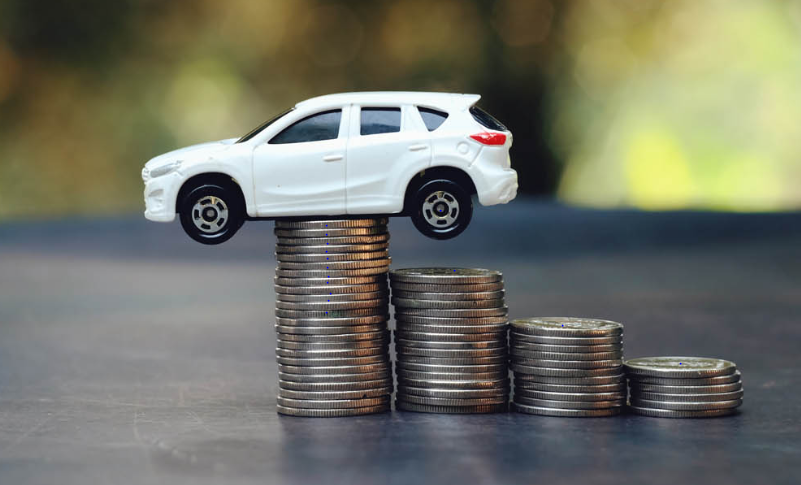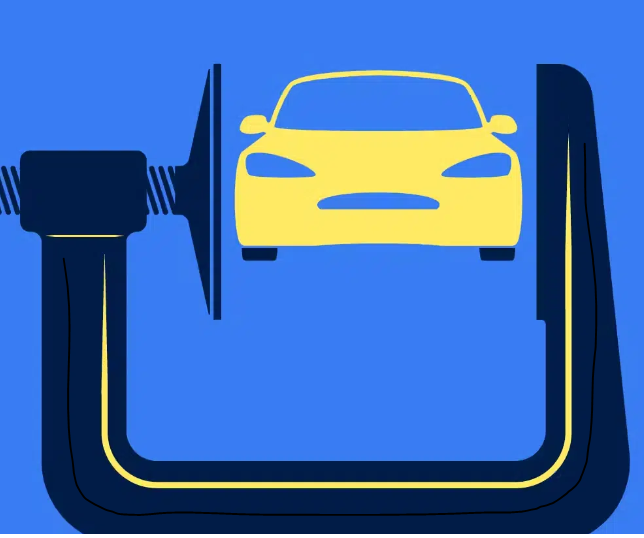When your vehicle lease term is coming to an end, you might face a decision: return the car, lease a new one, or purchase the vehicle outright. If you have enjoyed driving the car and want to avoid the hassle of getting into a new lease, a lease buyout loan could be an excellent option for you. A lease buyout loan allows you to purchase the car at the end of your lease, often at a lower price than buying a brand-new vehicle.
What is a Lease Buyout Loan?
A lease buyout loan is a financing option that allows you to purchase the vehicle you are leasing at the end of the lease term. Typically, when you sign a lease agreement, the car’s residual value is specified, which is the amount you would need to pay to buy the car at the end of the lease. A lease buyout loan provides the funds to pay off this residual value, allowing you to take full ownership of the vehicle.
There are two types of lease buyouts: early buyout and standard buyout.
- Early buyout occurs when you decide to purchase the vehicle before the lease term ends. This can be a good option if the car is worth more than its residual value, or if you’re looking to avoid paying additional mileage or wear-and-tear fees.
- Standard buyout takes place at the end of the lease term, typically after you’ve completed the entire lease agreement.
Regardless of when you decide to buy out your lease, a lease buyout loan can help you finance the purchase, similar to how you would finance a traditional car loan.
Benefits of Lease Buyout Loans
- Lower Monthly Payments: Lease buyout loans tend to have lower interest rates compared to other types of financing, especially if you have a strong credit score. This means that you can potentially save money on interest payments and keep your monthly payments affordable.
- Ownership of the Car: One of the most significant advantages of a lease buyout is the ability to own the car once the loan is paid off. While leasing provides you with the flexibility to drive a new car every few years, purchasing the car at the end of the lease allows you to keep it as long as you wish without worrying about excess mileage fees, wear-and-tear charges, or restrictions on customization.
- No Need for a Down Payment: If you’re opting for a lease buyout loan, you typically don’t need to provide a down payment. Since you are buying the car at its residual value, and the loan is often structured similarly to a traditional auto loan, the price is already set. This can be a great advantage for buyers who want to avoid the financial burden of a large upfront payment.
- Better Vehicle Condition: Unlike purchasing a used car from a dealership, buying out your lease means you’re purchasing a vehicle that you’ve already been driving. You have an understanding of the car’s history, and you can avoid any surprises regarding its condition. If you’ve taken care of the car, it’s likely in good shape, reducing the risk associated with buying a used vehicle from an unknown source.
- Avoiding Depreciation Costs: When you lease a car, you pay for the depreciation over the lease term. If you decide to buy out your lease, you’re essentially paying for a vehicle that has already depreciated significantly. This can be a smart financial decision if the car’s market value is lower than the residual value.
Challenges of Lease Buyout Loans
- Higher Purchase Price: The most notable challenge of a lease buyout loan is the residual value set in your lease agreement. If your car has depreciated more than expected, the buyout price might be higher than the market value of the car. In this case, buying the car might not make sense financially, especially if you can find a newer or better vehicle for the same amount.
- Financing Approval: Although you are essentially buying the car at the end of the lease, securing approval for a lease buyout loan isn’t always straightforward. Lenders will still assess your creditworthiness and financial stability before approving the loan. If your credit score has taken a hit or you have a significant amount of debt, it could be challenging to secure favorable loan terms.
- Additional Fees: Lease buyouts can also come with additional fees, such as early termination fees (if you choose to buy out early), taxes, and registration costs. These fees can add up, increasing the overall cost of purchasing the vehicle.
- Limited Loan Terms: Some lease buyout loans may offer shorter repayment terms, which could result in higher monthly payments. While this can help you pay off the loan faster, it can also strain your budget if you’re not prepared for higher costs.
Is a Lease Buyout Loan Right for You?
Deciding whether a lease buyout loan is the right option for your next vehicle depends on your individual circumstances and preferences. If you’ve been happy with the car, it’s in good condition, and you want to avoid the hassle of leasing or buying a new vehicle, a lease buyout can be a smart move.
To determine if it’s the best choice for you, consider the following:
- Residual Value vs. Market Value: Compare the residual value of the car to its current market value. If the car is worth less than the buyout price, it may be better to walk away from the lease and consider purchasing a different vehicle.
- Your Financial Situation: Assess your ability to finance the buyout. If you can secure a favorable loan with low interest rates and comfortable monthly payments, a lease buyout can be a cost-effective option.
- Long-Term Ownership: If you prefer long-term ownership of your vehicle, a lease buyout can be a great way to retain your car without entering into a new lease agreement.
Conclusion
A lease buyout loan can be an excellent option for car buyers looking to take full ownership of their leased vehicle. It offers lower monthly payments, eliminates the risk of depreciation, and gives you the option to keep the car for as long as you’d like. However, it’s important to weigh the pros and cons, including the potential for a higher buyout price and additional fees, before making a decision. By understanding the ins and outs of lease buyout loans and carefully considering your financial situation, you can make an informed choice about whether this financing option aligns with your needs.


